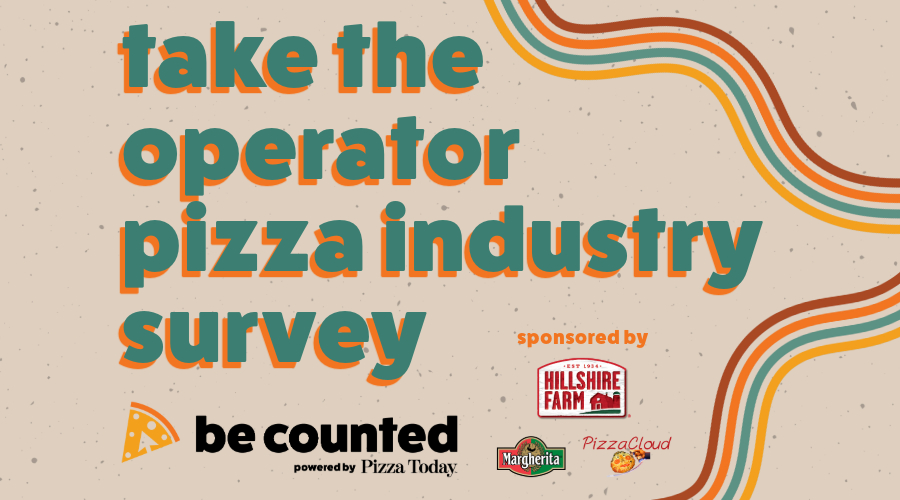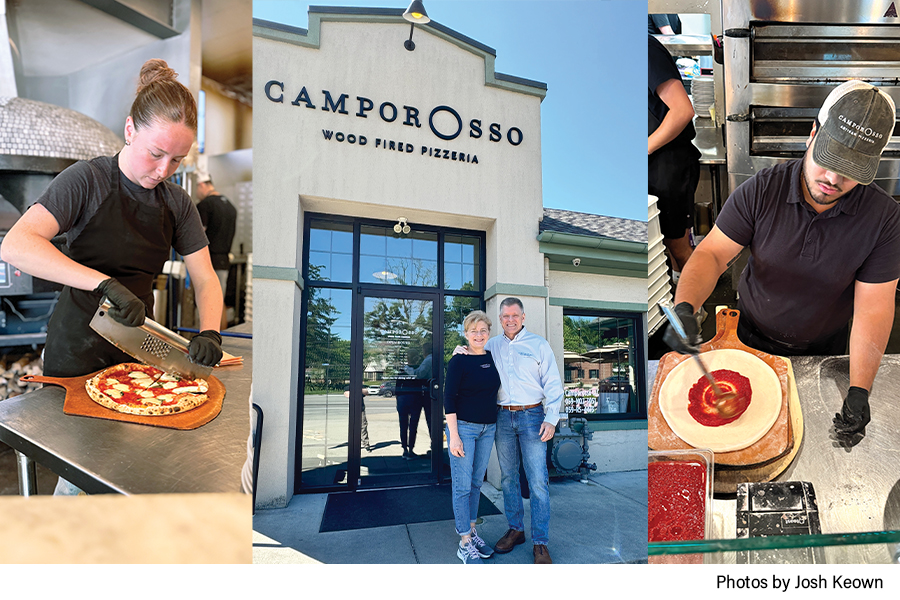Substance abuse in the restaurant industry
Anthony Bourdain, on multiple occasions, compared a restaurant to a modern-day pirate ship filled with counterculture non-conformists who all band together for a singular purpose in a small stuffy room and still get to where the ship needs to go, albeit layered with substance abuse problems. Over the years, that mindset and outward normalcy of a restaurant being a toxic work environment have softened, but it would be foolish to say it’s entirely gone away.
Drugs and alcohol are still pervasive in this industry. That’s a fact. Mitigating the problems that come from addiction issues takes leadership, empathy and standard bearing.
Regarding you, the owner or leader of your business, you are responsible for others.
Suppose you’re dealing with your own substance abuse issues. In that case, whether it’s too many drinks at night, pill addiction or something else, it’s on you to figure it out because you’re responsible for other people’s lives. You and your ability to make clear decisions is important. You’re not just affecting yourself at this point; you affect others. It’s something every owner comes face to face with. As owners, you think that running yourself into the ground is okay because you’re the only one that suffers, and that is a massive lie owners tell themselves.
Maintaining your health is like taking the oxygen mask first on a flight that’s gone awry. If you are going to imbibe, then don’t do it on premise. And if you, for some reason, are having a drink at your restaurant, it must be obvious you’re doing it as a civilian paying full price so as not to blur the lines and confuse the staff. They will lose respect for their boss if this is the norm.
For any other type of addiction, I’m not going to be the one to diagnose what treatment is needed for every individual; it’s very nuanced and personal. But every leader needs to stop, look in the mirror, have a heart-to-heart about what they need to improve and ask for help when needed.
Regarding your employees, there are three major guidelines that will help decide how you handle someone with a substance abuse issue.
1. The Standard
The standard needs to be protected at all times. If we’re letting someone’s substance abuse problem affect it, then we’re lowering our standards and being loyal to the person rather than the restaurant. The restaurant needs to be more important than the person as a whole, because it is what feeds and clothes all those involved.
2. Never Fire Anyone
You are best suited never to fire someone but rather promote those who have already quit via their own actions to customer status. That means if someone is genuinely trying and not manipulating you but seeking a way to figure their stuff out, you work with them and find a spot for them rather than getting rid of people out of antipathy. If someone steals, then they’ve chosen to quit. If someone shows up drunk after getting a write-up not to do it again, they have chosen to quit. If someone has an off day or showed up wonky, and it’s out of the norm, then firing them is purely out of spite and not productive.
3. Everything is Stated for the Benefit of the Individual
Never speak antagonistically to any employee, no matter the situation. So, if you see someone has an issue, instead of saying, “That’s it, that’s the last time I’m dealing with your issues,” you’d be better suited to say, “Something’s going wrong here, and I want you to say what it is.” If they’re being coy or won’t say what it is, you could point out, “You’re not yourself, and I think you know that too. You want the successful version of yourself back and we do too. So, I think you need to take a break and figure out what you want to do with this job and come back when you’re prepared to do it with a clear head.”
Notice that in that whole conversation, I never said you have a drug problem, you’re fired, or you’re suspended because the last thing you want is to be on record accusing them of something and potentially setting yourself up for legal ramifications. Unless you have documented evidence of drug abuse, you’re in a weak position, and the odds are you don’t have any proof. Just like smelling alcohol on their breath is still highly suspect of an opinion, it would not hold up in court. It might, but that’s your best shot. Eyes dilated and speech slurred are all significant indicators of intoxication, but they’re not 100-percent proof. So, when you see these things say, “I think you’re good for today; I’m sending you home.” “But why, boss?” “I don’t think you’re in a position to work today. I’m sending you home,” and leave it at that. And then, if you decide to part ways with that person, say, “Your conduct at work just isn’t what we need it to be,” and leave it at that.
The odds are likely that there’s something else they’re messing up that is fact-based. Something you can point to as a reason for termination. Mind you, this whole article is my opinion. This is not legal advice. This is a proactive solution from someone who’s seasoned and who’s done it for a very long time. Each state’s laws are vastly different, so it would be wise to run any high-level situation or problem by an HR professional steeped in the legal and regulatory compliance awareness of your state before acting on something that is a murky gray area.
The truth is these people have chosen to work for, and with you, and in some way, you are responsible for them.
You are not responsible for their actions and choices, but in the good-human approach to life, it would be nice for you to be that special someone that helps them get ahead rather than pushes them down further. I’ve had many situations where I’ve told someone, “Go get your mind right, and when it’s clear, we’ll be here waiting.” And sometimes, those people have gone to rehab and come back a success, and sometimes they have not, and in some cases, those people have passed away from their addictions, and it’s tragic every time. As much as we all want to save everyone, it’s simply not our job, and it’s not fair to hold yourself to the guilt of those situations.
What you can do is be a positive, supportive presence, helping people who want to get ahead stay ahead and helping them earn good money while producing revenue for your cohesive team in a supportive, caring and productive environment. Doing that is the best any of us could hope to do in this life. And if you’re doing that, you’re doing the right thing. If you’re taking people’s substance abuse personally, know it has nothing to do with you. It started way before they ever set foot into your restaurant, and all you can do is mitigate the loss if it’s a problem and enhance the solution if there’s hope.
Mike Bausch is the owner of Andolini’s Pizzeria in Tulsa, Oklahoma. Instagram: @mikeybausch







